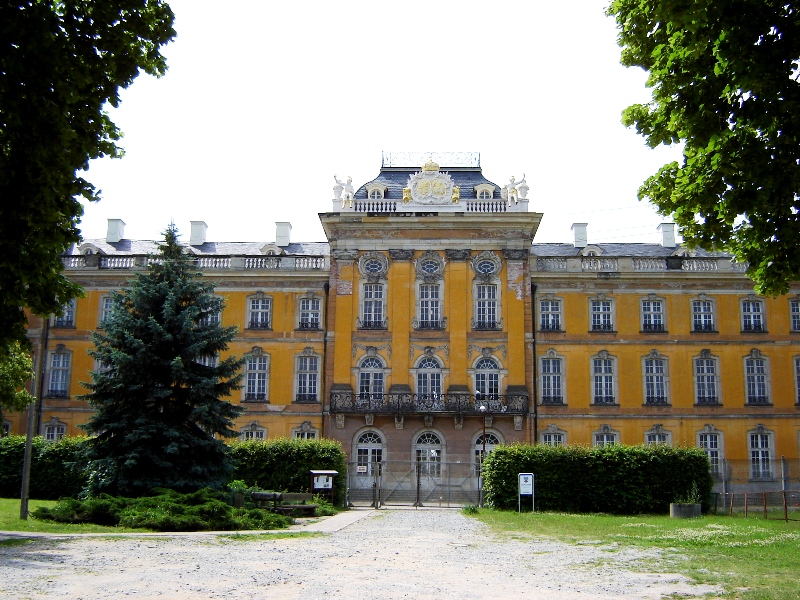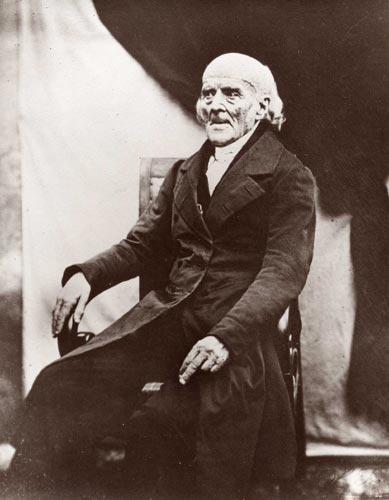Gommern on:
[Wikipedia]
[Google]
[Amazon]
Gommern () is a town in the

Gommernkirche.jpg, The Lutheran Church
Gommern Herzjesu8.jpg, The Catholic Church
 *
*
Jerichower Land
Jerichower Land is a district (''Kreis'') in the north-east of Saxony-Anhalt, Germany. Its neighbouring administrative units are (clockwise from the south): the districts of Anhalt-Bitterfeld, Salzlandkreis, the city of Magdeburg, the districts o ...
district, in Saxony-Anhalt
Saxony-Anhalt (german: Sachsen-Anhalt ; nds, Sassen-Anholt) is a state of Germany, bordering the states of Brandenburg, Saxony, Thuringia and Lower Saxony. It covers an area of
and has a population of 2.18 million inhabitants, making it th ...
, Germany
Germany,, officially the Federal Republic of Germany, is a country in Central Europe. It is the second most populous country in Europe after Russia, and the most populous member state of the European Union. Germany is situated betwe ...
. It is situated approximately southeast of Magdeburg
Magdeburg (; nds, label=Low Saxon, Meideborg ) is the capital and second-largest city of the German state Saxony-Anhalt. The city is situated at the Elbe river.
Otto I, the first Holy Roman Emperor and founder of the Archdiocese of Magdebu ...
. On January 1, 2005, the municipalities Dannigkow, Dornburg, Karith, Ladeburg, Leitzkau, Menz, Nedlitz, Vehlitz and Wahlitz have been incorporated into Gommern. On January 1, 2008, Prödel was incorporated, and on January 1, 2009, Lübs was incorporated.
Local council
Elections in October 2005: Elections in May 2014:Dornburg

Charles, Prince of Anhalt-Zerbst
Charles William, Prince of Anhalt-Zerbst (16 October 1652, in Zerbst – 3 November 1718, in Zerbst), was a German prince of the House of Ascania and ruler of the principality of Anhalt-Zerbst.
He was the third (but eldest surviving) son of John ...
, had a new castle built at Dornburg near Gommern from 1674, which he gave to his brother, John Louis I, Prince of Anhalt-Dornburg
John Louis I, Prince of Anhalt-Dornburg (4 May 1656, in Zerbst – 1 November 1704, in Dornburg), was a German prince of the House of Ascania and ruler of the principality of Anhalt-Dornburg, as well as a grandfather of Catherine the Great.
He ...
. It was inherited by the latter's second son, Christian August, Prince of Anhalt-Zerbst
Christian August, Prince of Anhalt-Zerbst (29 November 1690, in Dornburg – 16 March 1747, in Zerbst) was a German prince of the House of Ascania, and the father of Catherine the Great of Russia.
He was a ruler of the Principality of A ...
. In 1747 he died and the castle burnt down in 1750. His widow, Johanna Elisabeth of Holstein-Gottorp
Joanna Elisabeth of Holstein-Gottorp (24 October 1712 – 30 May 1760) was a member of the German House of Holstein-Gottorp, a princess consort of Anhalt-Zerbst by marriage, and the regent of Anhalt-Zerbst from 1747 to 1752 on behalf of her minor ...
, governed the principality of Anhalt-Zerbst
Anhalt-Zerbst was a district in Saxony-Anhalt, Germany. It is bounded by (from the north and clockwise) the districts Potsdam-Mittelmark (Brandenburg) and Wittenberg, the city of Dessau and the districts of Köthen, Schönebeck and Jerichower ...
for her son Frederick Augustus until 1752. She had the new castle at Dornburg built as her thirds from 1750, a lavish baroque palace prepared to host her brother, Adolf Frederick, King of Sweden
Adolf Frederick, or Adolph Frederick ( sv, Adolf Fredrik, german: Adolf Friedrich; 14 May 171012 February 1771) was King of Sweden from 1751 until his death. He was the son of Christian August of Holstein-Gottorp, Prince of Eutin, and Albertina ...
, or her daughter Sophie Auguste Fredericka, who in 1743 had married the Russian crown prince Peter III, to become empress in 1762, better known as ''Catherine the Great''. However, neither of them ever visited, and the dowager princess and her son were forced into exile when Prussian
Prussia, , Old Prussian: ''Prūsa'' or ''Prūsija'' was a German state on the southeast coast of the Baltic Sea. It formed the German Empire under Prussian rule when it united the German states in 1871. It was ''de facto'' dissolved by an e ...
forces invaded Anhalt-Zerbst during the Seven Years' War
The Seven Years' War (1756–1763) was a global conflict that involved most of the European Great Powers, and was fought primarily in Europe, the Americas, and Asia-Pacific. Other concurrent conflicts include the French and Indian War (175 ...
in 1758. Frederick the Great
Frederick II (german: Friedrich II.; 24 January 171217 August 1786) was King in Prussia from 1740 until 1772, and King of Prussia from 1772 until his death in 1786. His most significant accomplishments include his military successes in the S ...
, who had actually proposed the Russian marriage, accused the princess and her son to support Russia, then his war enemy. Johanna Elisabeth died in Paris in 1760 and her son, Frederick Augustus, never returned to Zerbst and continued to live in Basel and Luxemburg. Upon his death in 1793, the Principality of Anhalt-Zerbst came to an end.
Nowadays the palace is in critical condition due to a lack of renovation. In 2018, it was sold to an investor from Berlin, who plans to use it as an academy.
Personalities
 *
* Samuel Hahnemann
Christian Friedrich Samuel Hahnemann (; 10 April 1755 – 2 July 1843) was a German physician, best known for creating the pseudoscientific system of alternative medicine called homeopathy.
Early life
Christian Friedrich Samuel Hahnemann was ...
(1755-1843), physician and founder of homeopathy, from 1782 to 1785 physics in the office Gommern
* Otto Theodor Alfred Hensel (1889-1966), honorary citizen, mayor of Gommern 1945-1955
References
{{Authority control Jerichower Land